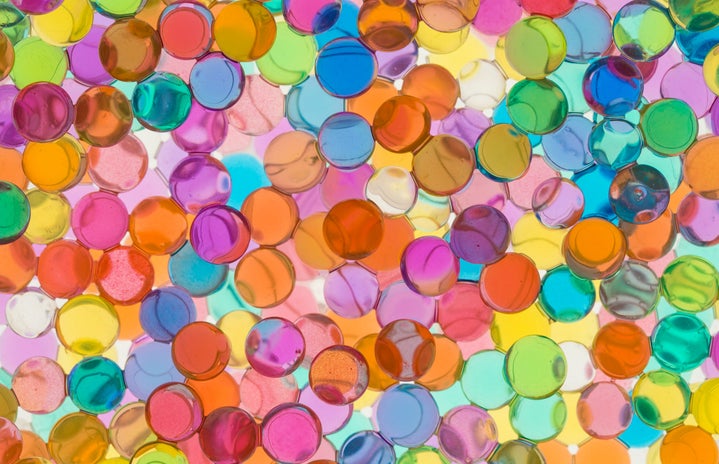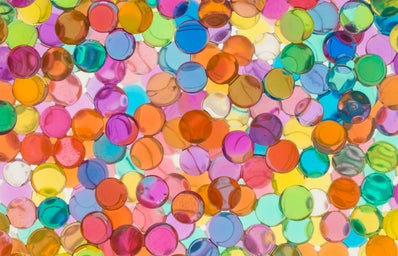When I first changed my major to inclusive education, many people smiled at me with pride and even tried high-fiving me. A few people even went as far as saying, “Wow, good for you! It takes a special kind of person to be able to teach those special children.” When this happened, I just stared at her, my tongue and stomach felt as if they were tangled up in a sickening knot. I’m the type of person who likes to see the good in everyone. I kept telling myself that she was trying to be kind and supportive but I still can’t help but struggle with accepting her statement – perhaps I’m just sensitive. However I can’t help but feel like it does not take a certain person to be able to teach students with learning disabilities or life skills. It doesn’t take a certain type of person – it just takes a person who loves to teach!
Why do people feel the need to put an emphasis on the student’s abilities and disabilities? They are students and they are children! A teacher’s job is to educate, support, and care for their students – that does not take a “special type of person,” it takes a compassionate person who loves teaching! I seriously can’t be the only person who understands this. . . If you want to congratulate an education student, go for it but don’t put an emphasis on the type of classroom they will be working in, especially since every teacher works for the same reason.
Did you notice how the woman repeated the word “special” twice in such a small sentence to me? Why do you think people do that? Have you noticed the overused word choice of “special” when discussing children with life skills or learning disabilities? If you hadn’t noticed before, I hope you start noticing it now. This drives me insane because what is the point of adding that adjective, just for word count? I tend to dig a little deeper in the explanation for the overused word and think the reasons are more of a negative statement. The media use this word to describe the differences between objects and people and it’s usually put in a falsely nice tone.
For example, have you ever heard of Madeline Stuart? Madeline is a model with Down Syndrome. The first time I ever heard about her was on TV and the reporter said, “She is a very special model.” Why did they need to add in the word “special?” Why not just say that she is a very beautiful and talented model? Why draw that line between her and a stereoptypical model?
Another example of the media overusing the word “special” is in an article from TIME magazine. The article titled A Very Special Wedding discusses the marriage of a couple with Down Syndrome. My main issue with this article is, again, the use of the word “special.” What did TIME get out of adding that word to the title? If this couple didn’t have Down Syndrome would the magazine still title it Very Special? I really don’t think they would have. This is just another example of the media throwing around the word “special” as if it was the best descriptor for humans with life skills, needs, and learning disabilities.
(Photo courtesy of TIME Magazine)
Like I mentioned earlier, it’s okay to congratulate education students but it’s really important that you think about your descriptive word choices. Ask yourself, do you really need to add in that word for the other person to fully understand the context? If you don’t, then choose a different descriptor that does not pin-point their abilities or disabilities.
*All images courtesy of Pinterest unless otherwise stated.


